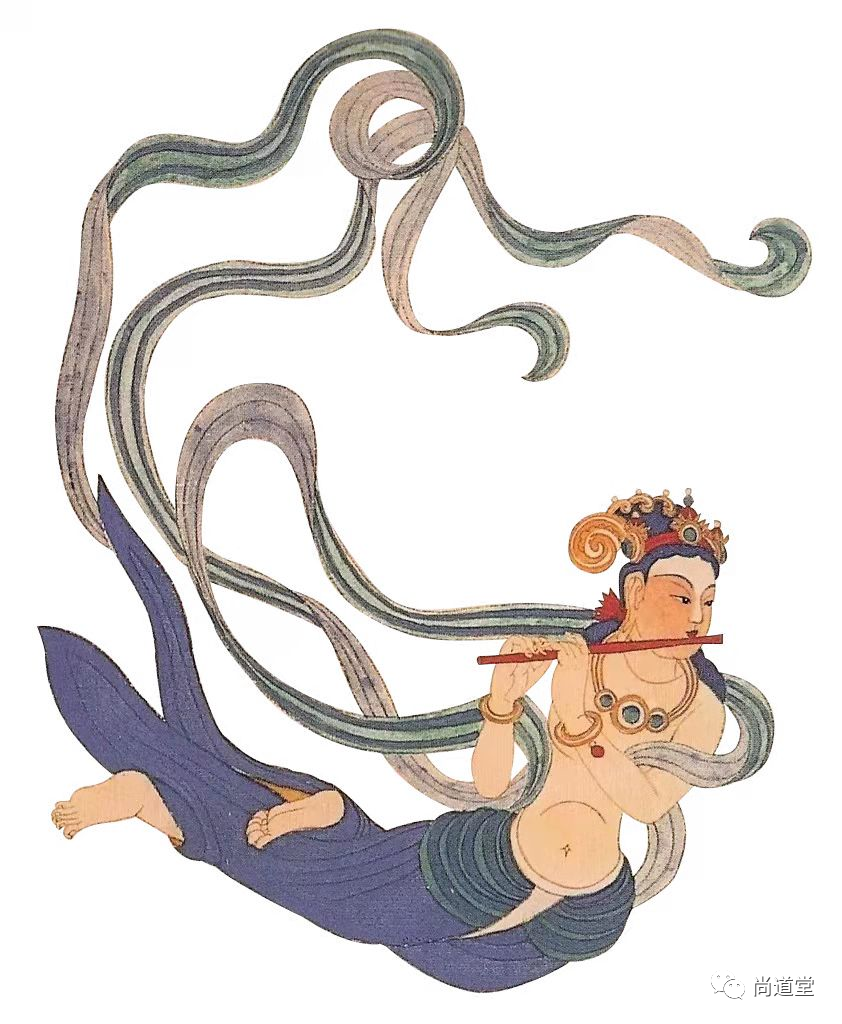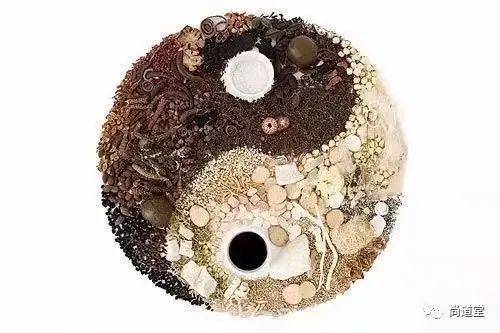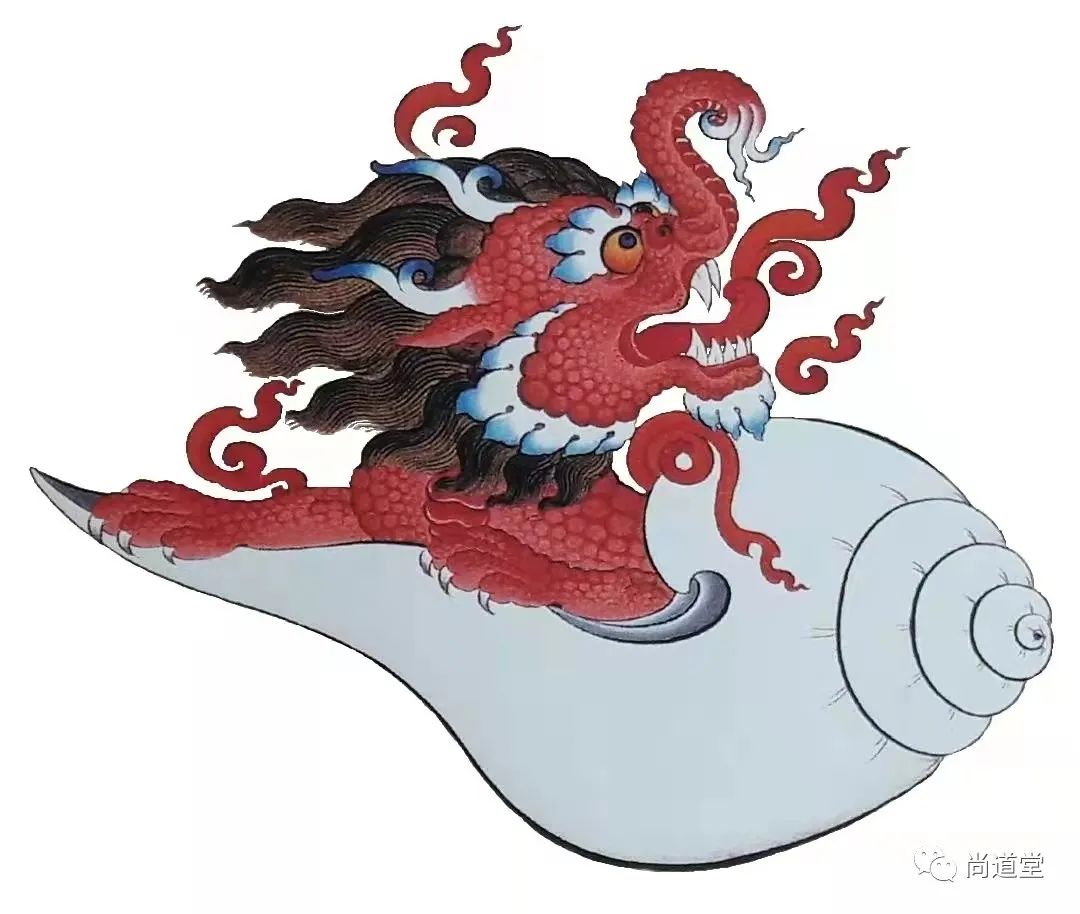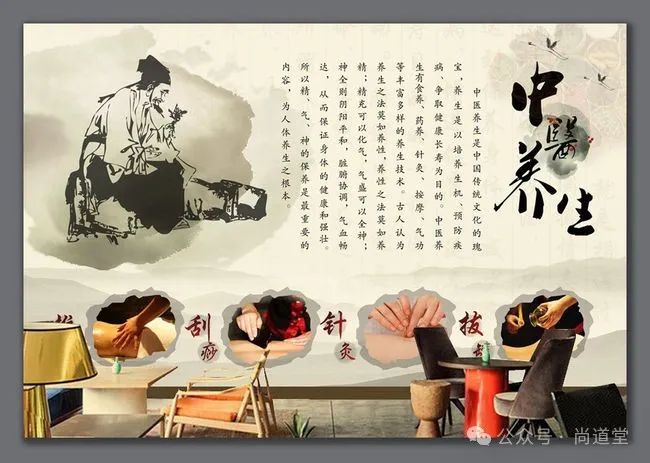



Taiji Luo Wan Xiang

In traditional Chinese culture, diet has always been an important aspect of health preservation. Traditional Chinese Medicine (TCM) believes that human existence is closely related to the nutrition and energy from the external environment, and diet is the primary means of obtaining these nutrients and energy. The core of this concept lies in the “harmony of Yin and Yang,” which means achieving a balanced state of Yin and Yang in the body through reasonable dietary combinations, thereby maintaining health.

Chinese health preservation culture has a long history, mainly divided into four schools: Daoist health preservation, Confucian health preservation, Buddhist health preservation, and medical health preservation. Although the health preservation philosophies of each school differ slightly, they all originate from the ideas of the I Ching, emphasizing the importance of the harmony of Yin and Yang. Among them, Confucian health preservation emphasizes Yang, focusing on a proactive and self-improving spirit; Daoist health preservation emphasizes Yin, advocating for a natural, tranquil, and effortless attitude.
In addition to the dietary principles of Yin and Yang harmony, the selection of beverages also carries rich cultural connotations. Among them, wine, tea, and water are the three main beverages consumed daily. However, whether drinking alcohol or tea, moderation is essential. In TCM, alcohol can invigorate blood circulation and relieve stagnation, but excessive drinking can harm the liver and stomach, even leading to alcohol poisoning. Tea consumption should also be based on individual constitution, following the principles of Yin and Yang harmony. According to the Huangdi Neijing (Yellow Emperor’s Inner Canon), human constitution is classified into five types, while tea is categorized into six types: green tea, black tea, oolong tea, white tea, yellow tea, and dark tea. By matching the five elements theory with the classification of tea, individuals can choose the tea that suits their constitution.

In summary, dietary moderation is an important component of Chinese health preservation culture. By harmonizing Yin and Yang, moderating alcohol and tea consumption, and selecting suitable beverages, individuals can maintain health and prolong life. At the same time, we must recognize that health preservation methods are not fixed but need to be adjusted and refined according to individual constitution and lifestyle habits. Therefore, in the pursuit of health and wellness, we need to continuously learn, practice, and summarize experiences to find the most suitable path for our health preservation.
Share with joy, the merits are boundless
Travelers must recognize the greedy nature of life,
And the tendency to pursue sensory pleasures,
And reflect on the changes of life and the outcomes of greed,
To appropriately guide their lives,
And walk towards the path of happiness.
——【Elegant Phrase】
Let wisdom and compassion never cease!
